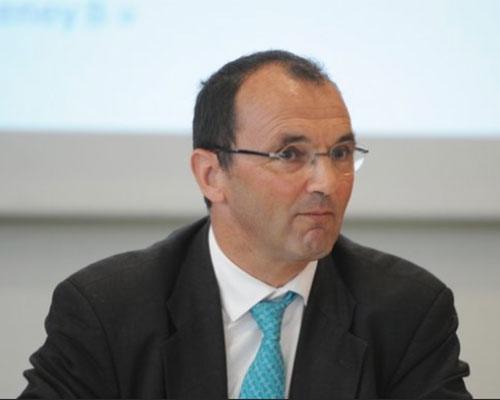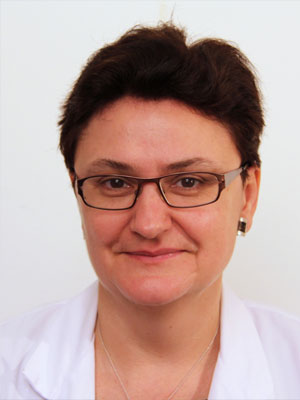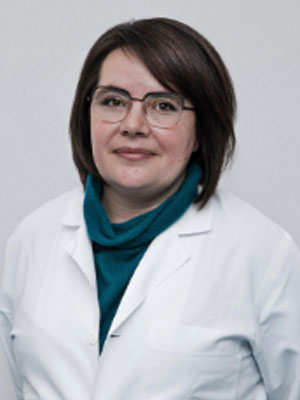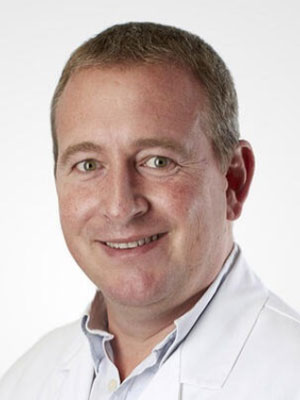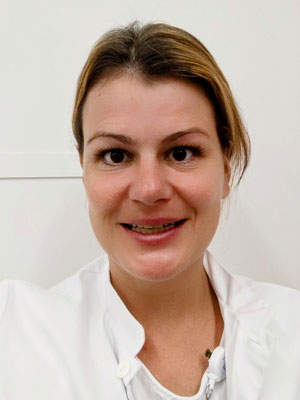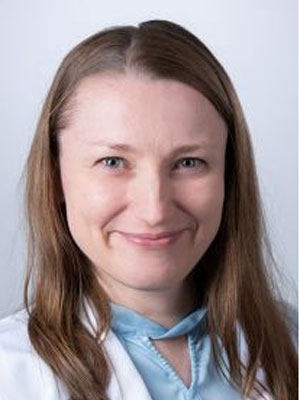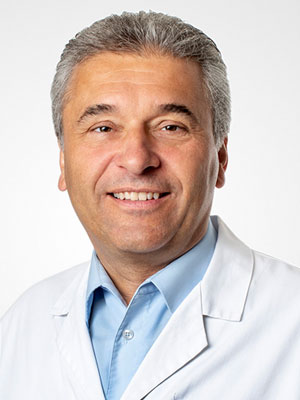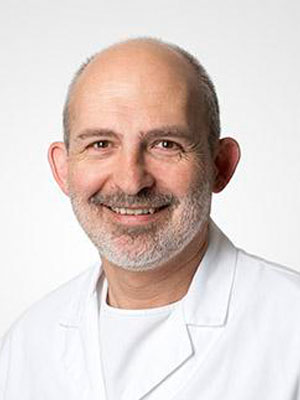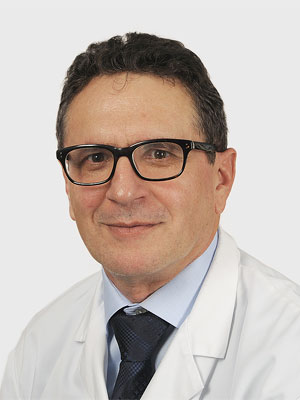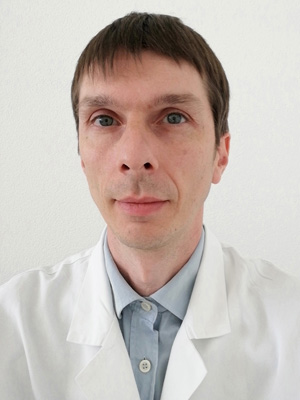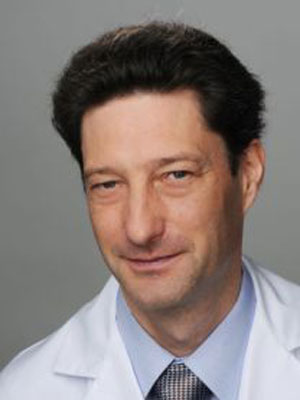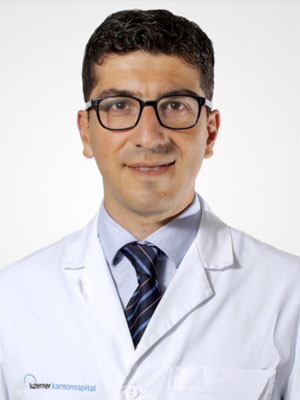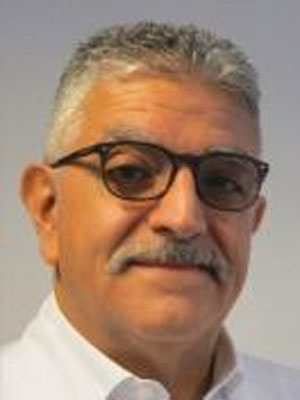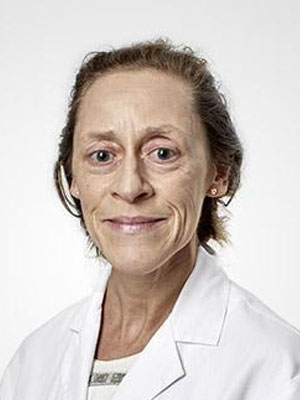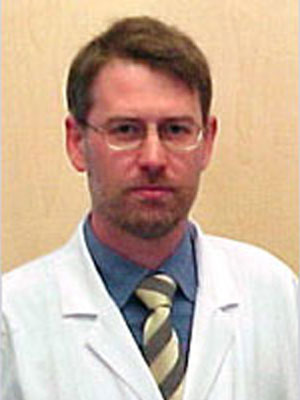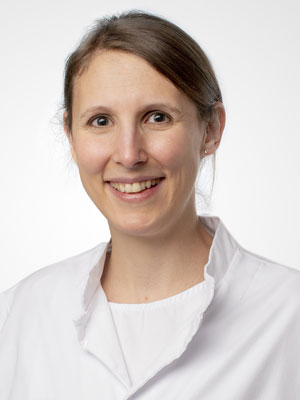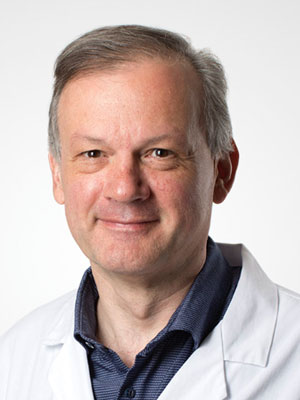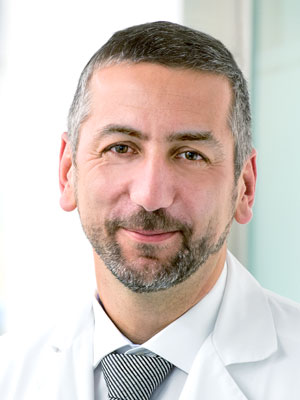-
 Our Mission: Improving theQuality of
Our Mission: Improving theQuality of
Sarcoma Patient Care -
 The Swiss Sarcoma Network is aninterdisciplinary Platform
The Swiss Sarcoma Network is aninterdisciplinary Platform
of sarcoma experts -
 Specialists across disciplinesrepresent the Swiss Sarcoma Board
Specialists across disciplinesrepresent the Swiss Sarcoma Board
Home
Our Mission: Quality for sacroma patients
The main goal of the SwissSarcomaNetwork (SSN) is to improve and ensure the quality of sarcoma patient care in Switzerland.
- We collaborate multi-institutionally.
- We strengthen sarcoma competence in Switzerland.
- We establish diagnostic and clinical pathways.
- We maintain a prospective sarcoma database (registry) with real-time data analysis visualization.
- We establish a quality assurance system.
- We introduce a value based health care system.
Our Members
The International Advisory Board
To provide excellent quality of sarcoma patient care in Switzerland, the SwissSarcomaNetwork (SSN) collaborates on an international level, and established the International Advisory Board comprising world-renowned experts in the sarcoma discipline:
Prof. Axel Le Cesne, France, Coordinator of the International Advisory Board of the SSNProf. Jean-Yves Blay, France
Prof. Javier Martin-Broto, Spain
Prof. Alessandro Gronchi, Italy
Find out more about the International Advisory Board
International Certificates
SSN and its members are officially recognized for the high standards of care, both at the network and the institutional levels:
The SSN as a network of a non-EU-member has established a partnership with the European Reference network (ERN) on rare adult cancers (EURACAN). The collaboration focuses on the improvement in the care of sarcomas / rare cancers
and to work together on areas of common strategic interest.
MOU between SSN and EURACAN
The German Cancer Society (DKG) recognizes institutions as leading centers through continuous audits to fulfill the respective quality criterias. The sarcoma center of Winterthur/KSA is the first in Switzerland being awarded this
certificate.
DKG certificate
LUKS as an institution is official partner of EURACAN, the European Reference Network (ERN). Through this strategic partnership, LUKS sarcoma center guarantees to maintain the very high standards of professionalism in sarcoma care
that ERN adheres to.
MOU between LUKS and EURACAN
Honors / Prizes
CSS CRYSTAL QUALITY AWARD 2022
As the largest health insurer in Switzerland, CSS has been honoring quality-conscious and innovative players in the health care sector since 2014. The award-winning institutions and their projects consistently focus on patients and
act in a particularly quality-conscious manner in their day-to-day work. The SwissSarcomaNetwork (SSN) was awarded in the special prize category Coordinated Innovative Healthcare. The network established in a multi-institutional
setting quality indicators for the complex care of a rare disease, namely sarcoma. An interoperable digital platform with consecutive and longitudinal real-life data is used to include clinical physcian-based data as well as
“Patient Reported Outcome Measures” (PROMS). These record how a patient assesses their own state of health. The SSN is now able to collect multi-institutional structured quality data of sarcoma care, subjecting them to evidence
analytics and thereby paving the way to precision medicine.
CSS Crystal Quality Award Ceremony
GERMAN MEDICAL AWARD 2021
The German Medical Award (GMA) is the most important medical award in Germany. With the GMA, outstanding performance in quality and transparency is made clear year after year and patients are shown where they can expect optimal
care services at the highest professional and human level. The SSN wins this presitgious award in the category «Medical Research: Future Digital Medicine». They present an interoperable digital platform which allows the real-time
collection of physician- and patient-based structured data of sarcoma quality care. Such digital real-time-world data platform allows the interoperability of harmonized data exchange between institutions globally, allows the
transparent comparison of quality of care and thereby even an international benchmark. Because data are structured, real-time evidence analytics is possible, paving the way for precision medicine and ultimately, the creation of the
human digital twin.
German Medical Award Ceremony









